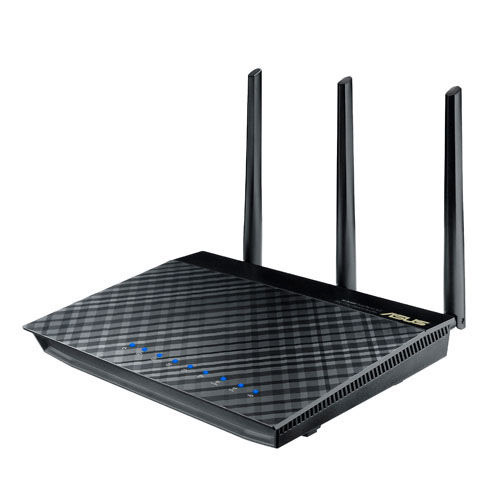ASUS Admits It Boosted WiFi Signals Beyond FCC Guidelines and Slapped with $240,000 Fine
In December of 2013 Legit Reviews informed our readers about how NETGEAR filed a lawsuit alleging ASUS of releasing routers to the public that were not FCC-compliant. Some of the products in question were the RT-N65U 802.11n wireless router and the RT-AC66U 802.11ac wireless router, which were products that were reviews by Legit Reviews. We just learned that the FCC and ASUS reached a consent decree on the issue of ASUS following the FCC rules. Here is a snippet of the decree:
The Enforcement Bureau (Bureau) of the Federal Communications Commission (Commission) has resolved its investigations into whether ASUSTeK Computer Inc. (ASUSTeK) complied with certain rules governing the marketing of certain intentional radiators, such as the Eee Pad Slider SL101, a portable computer tablet, and certain wireless routers and related wireless products, such as Wi-Fi bridge/range extenders and wireless adapters. These important equipment marketing and authorization rules ensure that devices that emit radio frequency radiation comply with the Commissions technical requirements and do not interfere with authorized communications. ASUSTeK admits that its marketing of these intentional radiators violated the Commissions rules. To resolve the investigations, ASUSTeK will pay a civil fine of $240,000 and implement a compliance plan that will extend for more than three years to ensure future compliance with the Commissions equipment marketing rules.
It looks like Netgear was correct and that ASUS was marketing products that exceeded the maximum permitted output power applicable to such devices. In the suit ASUS claimed that their products had been modified without authorization.
We have also learned through public information that NETGEAR and ASUS reached a settlement in their lawsuit, the terms of which are confidential. Both Netgear and ASUS declined to comment any further on the mater.

